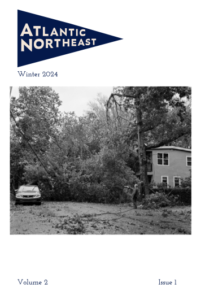M. STEVEN NEAL
Set in the picturesque cottage country of Ontario, Canada, “Training Wheels” follows Dr. Joshua Fitzhugh, who, in the wake of his wife’s sudden departure, journeys to be with his young daughter, Junie. As he spends time in the embrace of serene lakes and sprawling farmlands, Joshua must grapple with profound decisions about his family’s future. Amidst this backdrop, he navigates a relationship with his mother-in-law, bonds with the local community, and, most poignantly, teaches Junie to ride a bicycle without the crutch of training wheels.

ABOUT
M. STEVEN NEAL

M. Steven Neal is an author of fiction and literary criticism residing in Brooklyn, NY.
Subscribe to My Website So That You Never Miss Out on My Latest Serial
